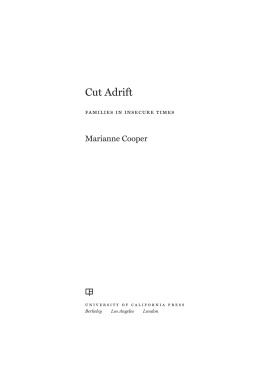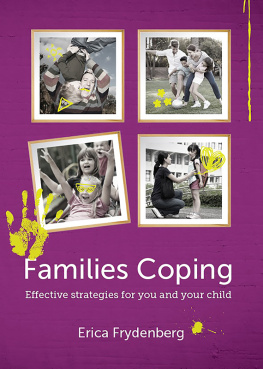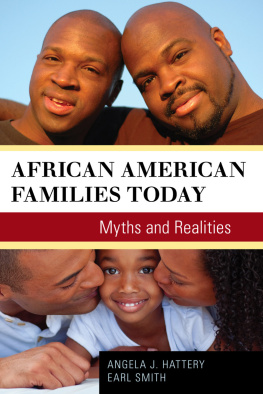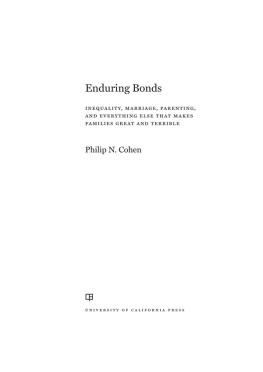Preface
Timothy J. Bowers, a sixty-two-year-old man in Ohio, struggled to find a good, stable job after the drug wholesale company for which he made deliveries closed. After a fruitless three-year search, he came up with a plan to get by until he was old enough to receive Social Security. After handing over his apartment keys to his landlady, he told her that he probably would not be back. He then walked a few blocks to a bank, went inside, handed a teller a stickup note, received $80, and then turned the money over to the banks security guard and waited for the police to arrive and arrest him. At his trial, Bowers explained to the judge that with only minimum-wage jobs available to him, going to jail for three years would suit me fine since, upon his release from prison, he would be sixty-six years old and thus old enough to receive his full Social Security benefits.
In a New York Times article that satirically describes Bowers as an honest-to-goodness visionary in the realm of retirement planning, Bowerss attorney, Jeremy W. Dodgion, described Bowerss actions as a sign of the times, stating, At his age, it was harder and harder to find a job with benefits, [so] he finally said, to hell with it.
The upside-down logic of Mr. Bowerss actions illuminates key issues Americans now contend with as they attempt to create security in their lives. Over the past forty years, large-scale economic, employment, and political changes have come together to alter the means and manner by which many Americans build security. Gone are the days when security was achieved through long-term employment at a single company and when devotion to ones employer was rewarded by guarantees of a pension and lifetime health-care benefits. Gone are the days when a typical full-time worker could earn a wage upon which a family could comfortably live. Gone, too, is the assumption that being middle-class means having stability, opportunity, and prosperity. Now Americans are on their own to provide for their retirement, pay for some (or all) of their health care, and figure out how to cover the soaring costs of their childrens college education. And they are faced with these tasks amid big increases in the cost of living and great uncertainty in the job market. In a nutshell, since the 1970s the responsibility for managing risk has shifted from the government and employers onto individuals and their families (think of the change from pensions to individual retirement accounts).
The shift in risk affects everyone, including men and women, rich and poor, young and old. As this book will show, however, the relationship that different groups of Americans have to this shift in risk is mediated by another major development: the increase in income and wealth inequality.
For a variety of reasonsfrom globalization to the rise of the knowledge economy to tax policiesAmerica has pulled apart economically over the last several decades. Increasingly we have become a nation of haves and have-nots. The rich have gotten richer. The middle class have stagnated or fallen behind. The working class have come to look a lot like the working poor. And the ranks of the poor have grown.
So although no one is completely immune to the shift in risk, because of large differences nowadays in terms of how much we earn, how much we can save, and the level of benefits we receive, we live in different risk environments. Consequently, if someone at the top loses her job, she might respond by drawing on her rainy day savings. If someone at the bottom, like Mr. Bowers, loses his job, he might respond by robbing a bank so he can go to jail.
Depending, then, on factors such as their earnings, educational background, or whether or not they have a job with benefits, Americans have responded to the transformations in risk and security in a variety of waysfrom making contributions to their 401(k)s, to forgoing health insurance, to saving for their childrens educations and going into debt. These responses are in part financial. But, as the case of Mr. Bowers makes clear, these responses have emotional dimensions, too. For what Mr. Bowers sought when he robbed the bank so he could go to jail wasnt simply room and board. What he also sought was emotional relief from his arduous three-year struggle to make ends meet.









